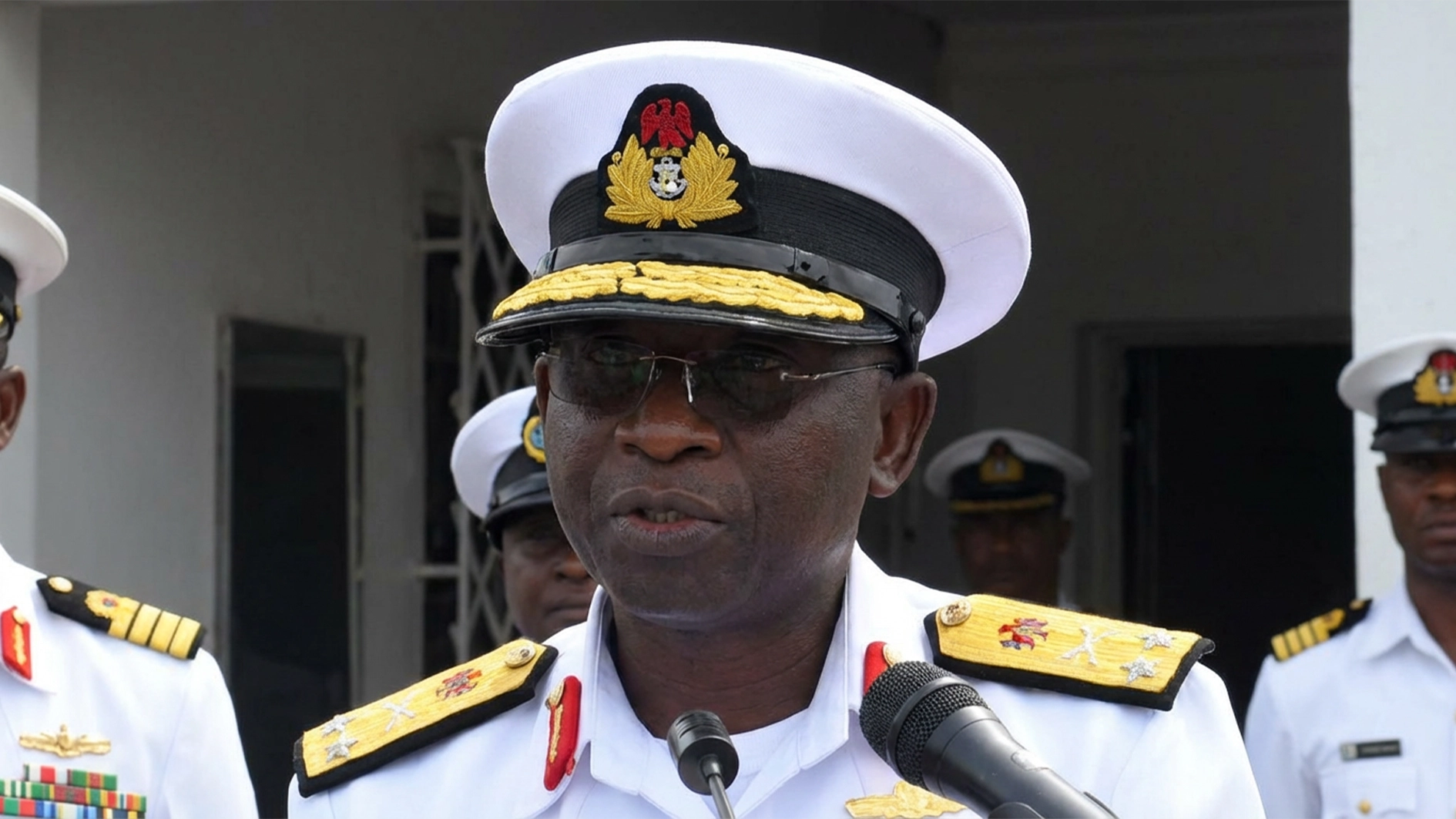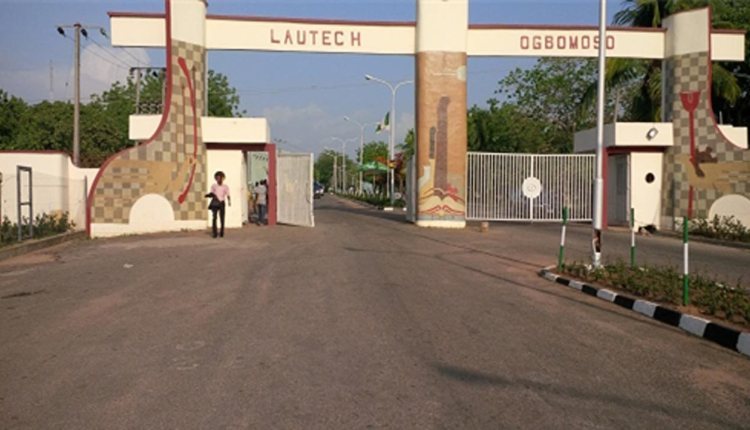Labour Party’s presidential candidate during the 2023 general election, Peter Obi, has condemned the life imprisonment handed to Indigenous People of Biafra (IPOB) leader Nnamdi Kanu and also urged the Federal Government to adopt a dialogue-based approach.
In a statement posted on his X handle, Obi said Kanu’s arrest, detention, and conviction reflected a failure of leadership and argued that political engagement had not been fully explored before prosecution.
He stated that the judgment had come at a time of widespread economic hardship and insecurity affecting citizens in several regions.
Obi said he had always maintained that Kanu should never have been arrested, adding that the concerns raised by the IPOB leader could have been addressed through consultations and institutional reforms.
“The concerns Kanu raised were not unheard of. The issues for which he demanded solutions were not insoluble. It only required wisdom, empathy, and a willingness to listen. In any functional society, such grievances are met with dialogue and reforms aimed at strengthening unity,” Obi said.
He cited international examples of political settlements used to resolve internal disputes when legal measures alone proved insufficient.
Kanu was sentenced to life imprisonment this week by the Federal High Court in Abuja on terrorism-related charges. He has remained in detention since 2021 following his transfer from Kenya.
His legal team described the transfer as extraordinary rendition, a claim the Federal Government has repeatedly rejected.
IPOB, which campaigns for an independent state of Biafra in the Southeast, was designated a terrorist organisation by the Nigerian authorities in 2017.
Security issues have persisted in the southeastern region since then.
Earlier this month, security forces reported encounters with armed groups suspected of having separatist links in rural Anambra, prompting temporary roadblocks and movement restrictions.
These operations disrupted commercial transportation and caused delays to school schedules, according to local officials.
Obi linked the handling of Kanu’s case to what he described as broader governance shortcomings. He said the Federal Government should prioritise measures that strengthen inclusion and national cohesion. He urged the Presidency, the Council of State and senior national figures to intervene to prevent further deterioration of the situation.
Obi concluded his statement by calling for peace and reconciliation, saying dialogue remained essential for a lasting settlement.
“My ultimate call at this time, without prejudice to how anyone feels about the decision of the court, is for us to be optimistic for peace and reconciliation, which will come in the end. I am also saying, thereby, that the Presidency, the Council of State and credible statesmen who love this country and who are interested in cohesion and inclusivity, should rise to the occasion, for a lasting solution,” he said.






